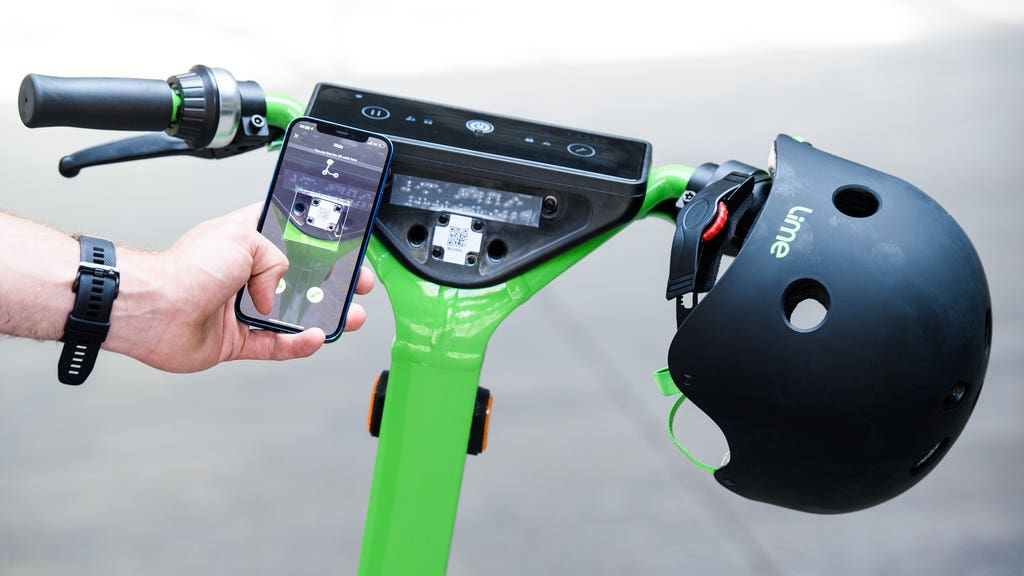London’s E-Scooter Trial Suffers Setback After Major Area Delays Involvement

London’s electric scooter trial suffered a setback on its first day after one of the capital’s local authorities delayed its involvement.
City of London Corporation, the governing body of the Square Mile, said it has pushed back its participation until July 5.
It was due to be one of seven boroughs and areas taking part in the project from Monday.
London’s Walking and Cycling Commissioner Will Norman said TfL wants to explore how the two-wheelers can be “an innovative alternative” to travel by car for short journeys.
The delay means the rental e-scooters are only available in Canary Wharf, Ealing, Hammersmith and Fulham, Kensington and Chelsea, and Richmond, with users also able to ride through Tower Hamlets.
City of London Corporation said in a statement it is “committed to investigating how e-scooters can play a role in supporting a shift to sustainable travel”.
The organisation did not disclose the reason for the hold-up in its involvement, although the Evening Standard newspaper reported it was “apparently due to a delay in resolving administrative rather than safety concerns”.
The 12-month trial has been set up by Transport for London (TfL), London Councils – which represents the city’s local authorities – and operators Lime, Dott and Tier.
E-scooters can be used on roads, in cycle lanes and on cycle paths, but are banned from being ridden on pavements.
Users are charged an unlocking fee as well as a per minute fee for each ride.
TfL said a 15-minute ride will cost between £3.25 and £3.40.
Dozens of similar schemes have been held in urban areas across Britain since July last year.
Private e-scooters can only legally be used in the UK on private land but are a common sight on roads and pavements.
TfL claimed London’s rental e-scooters have a number of benefits over private contraptions, including lights which are always on, the use of GPS technology to control where they are parked and ridden, a maximum speed of 12.5mph, and larger wheels which make them sturdier.
London’s Walking and Cycling Commissioner Will Norman said TfL wants to explore how the two-wheelers can be “an innovative alternative” to travel by car for short journeys.
He went on: “E-scooters have been on our streets for some time now but with very little regulation.
“This trial will have safety at its heart, bringing in rigorous precautions and parking measures while taking the needs of all road users into account and seeing what role e-scooters can play in London’s future.”
Chief Superintendent Simon Ovens of the Metropolitan Police said the force is “pleased to support this trial”, but added: “We’d like to remind everybody that private e-scooters used outside this trial remain illegal and will be dealt with by way of seizure.”
There have been long-running safety concerns about e-scooters.
In April, a three-year-old boy suffered serious injuries when he was hit from behind by an e-scooter while walking on a pavement with his grandmother in Feltham, west London.
YouTube star and TV presenter Emily Hartridge became the first person in the UK to be killed while riding an e-scooter when she was struck by a lorry in Battersea, south London, in July 2019.
Charity Guide Dogs has called for the sale of private high-speed e-scooters to be banned and expressed fear that their use means “more people with sight loss will be forced to change their route or avoid independent travel altogether”.




